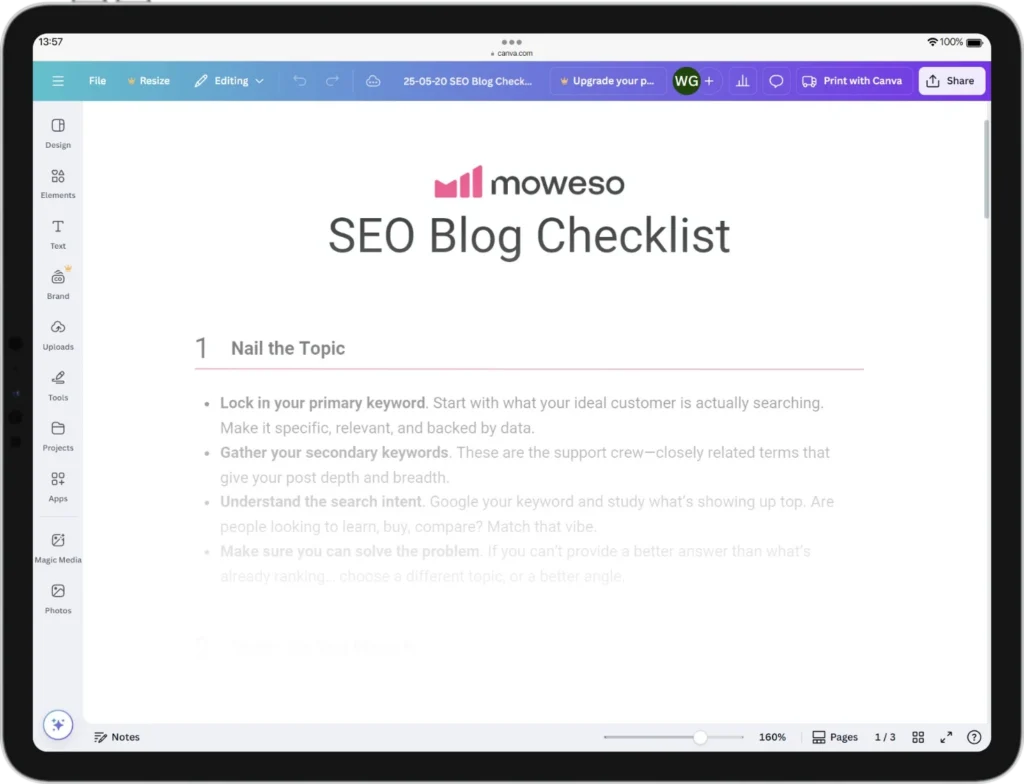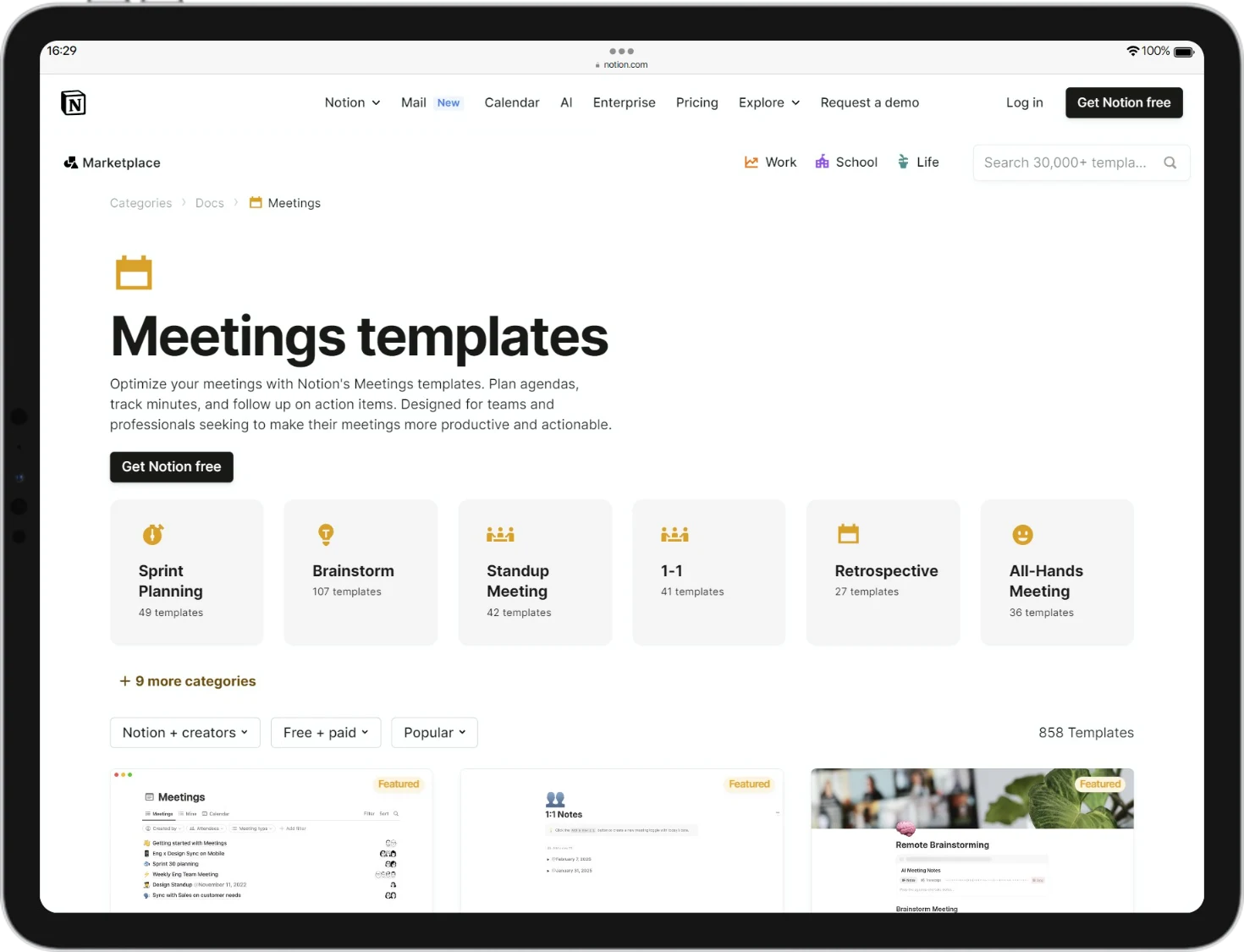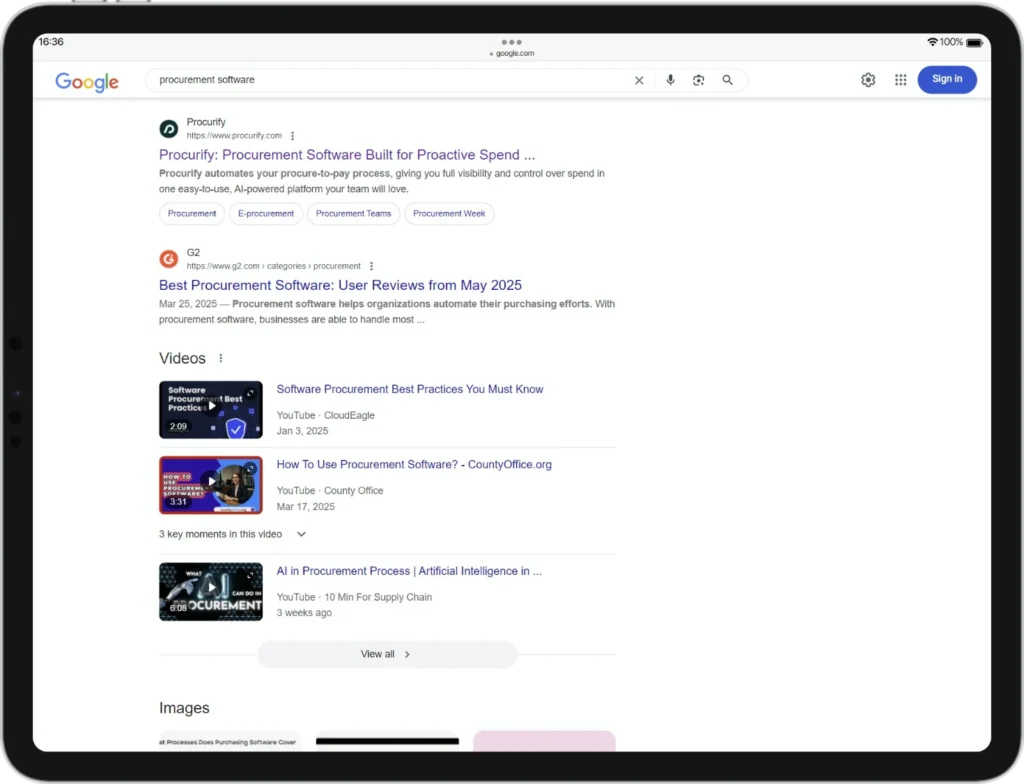Scaling a startup is a thrilling challenge—and SEO can be a powerful lever if you know how to pull it. For funded SaaS companies and fresh marketing hires, the question isn’t just how to do SEO, but which SEO strategies actually move the needle at your stage of growth.
This guide cuts through the noise. We’ll walk you through what’s worth your time (and what’s not), so you can focus on high-impact actions that drive visibility, traffic, and traction—without wasting resources on tactics that don’t scale with you.
Let’s dive into the startup-specific SEO playbook: what to do, what to skip, and how to build a search strategy that grows with your business.

SEO Blog Checklist Free Download
A practical, no-fluff SEO blog checklist built for startups and growth teams. From keyword research to AI-ready formatting and performance tracking—this guide helps you write content that ranks, resonates, and drives results.
Understanding Startup SEO Challenges
SEO for startups isn’t the same as SEO for enterprise giants or long-established blogs. You’re often starting from scratch—with a new domain, limited content, and a small (if any) backlink profile. That means your strategy needs to account for the uphill climb.
You’re Competing Against Goliaths
Search results are dominated by big names with high domain authority. Outranking them means finding niche angles and underserved queries that bigger players overlook.
Limited Resources
Startups typically have lean teams and tight budgets. You need an SEO plan that’s both time-efficient and cost-effective—prioritizing quick wins and compounding efforts.
Need for Fast Results
Unlike long-term brand builders, startups often need visible traction within months, not years. That puts pressure on choosing tactics that show measurable ROI early.
Evolving Products and Messaging
Your value prop may change as you iterate. That makes consistent messaging and evergreen content harder—but not impossible—with the right content frameworks.
Technical Debt
Founders may move fast on product but leave SEO best practices behind. Poor site structure, slow speeds, and missing metadata can all quietly hold back your growth.
What to Do: Effective SEO Strategies
When SEO is done right, it can become a compounding growth engine. For scaling startups, these are the strategies worth your time.

Prioritize Keyword Research That Matches Your Stage
Focus on low-competition, high-intent keywords. Use tools like Ahrefs, SEMrush, or Ubersuggest to uncover long-tail variations your audience is actually searching for. These “hidden gem” keywords are easier to rank for and often indicate stronger intent.
Pro tip: Map keywords to funnel stages—top for education, middle for comparison, and bottom for conversion.
Nail Your On-Page Basics Early
Don’t overthink it. Make sure each page has a clear title tag, compelling meta description, proper heading structure, and optimized URLs. Use internal links to guide crawlers (and users) to related pages.
Think of on-page SEO as hygiene. It doesn’t make you win, but skipping it guarantees you lose.
Build Strategic Content That Reflects Search Intent
Create content that addresses real questions your audience is asking—then go a step further. Use “People Also Ask” and forums like Reddit or Quora for topic ideas. Cluster related content into hubs to show depth and expertise.
For SaaS: build content around use cases, integrations, comparisons, and pain-point solutions.
Get Scrappy With Backlinks
You might not outspend the competition, but you can outsmart them. Use:
- Founders and team bios on external sites
- Guest posting on relevant blogs or startup communities
- Digital PR by pitching stories to tech and SaaS publications
- Unlinked mention tracking to reclaim missed opportunities
Sometimes the biggest missed opportunities are right on your highest-traffic pages. If visitors aren’t taking action, start with why your landing page might not be converting.
Bake Technical SEO Into Your Build
If you’re still early in your site development, now is the time to:
- Use clean, crawlable site architecture
- Ensure fast load speeds (especially mobile)
- Implement structured data where applicable
- Avoid JavaScript-heavy navigation that hides content
If your current site structure is fighting your SEO efforts, it may be time to reassess. Here’s how to know whether to optimize or rebuild your website.
What to Skip: Common SEO Pitfalls
Not all SEO advice is startup-friendly. In fact, some of it can waste your time or even hurt your rankings. Here’s what to steer clear of.
Chasing Competitive Head Terms Too Early
Targeting broad, high-volume keywords like “CRM” or “project management tool” may seem appealing—but without domain authority, you’ll be buried. Focus on specific, lower-difficulty terms where you can actually compete and convert.
Keyword Stuffing
It’s tempting to overload your content with keywords to rank faster. But today’s algorithms are smarter—and stuffing kills readability. Use keywords naturally and focus on intent, not density.
Publishing Without a Strategy
Random blog posts won’t build traffic or authority. Every piece of content should serve a purpose: attract, educate, convert, or retain. Use topic clusters to organize and interlink content for SEO momentum.
Publishing content without clear purpose or structure is one of the fastest ways to waste effort. If your blog content isn’t gaining traction, here’s why it might not be ranking—and what to fix.
Ignoring Mobile and Core Web Vitals
Mobile-first indexing means your site’s mobile version is what Google sees. Slow load times, poor responsiveness, or layout shifts can drag your rankings down. Prioritize performance and UX.
Startup sites need more than SEO—they need to convert. See 7 Elements That Make a B2B Website Convert to align UX with lead generation goals.
Buying Low-Quality Backlinks
Cheap backlink packages might boost numbers—but they rarely help and often hurt. Google penalizes shady link practices. Invest in building real relationships and value-based links.
Duplicating Content Across Pages
Having multiple pages targeting the same keyword or using identical content fragments can confuse search engines. Use canonical tags, consolidate similar posts, and differentiate your messaging.
Case Studies: Success Stories
Nothing proves the power of SEO like real-world results. Here are a few examples of startups that scaled successfully by focusing on smart, strategic SEO.

Notion: Winning With Use-Case Content
Notion didn’t try to rank for “productivity app” out of the gate. Instead, they targeted long-tail queries like “meeting notes template” and “project tracker spreadsheet.” By creating high-value landing pages and blog content tied to specific use cases, they steadily built domain authority and traffic.
Takeaway: Go niche before you go broad. Serve search intent with utility-first content.
Ahrefs: Content as Product
Before becoming a household name in SEO, Ahrefs built trust by publishing in-depth guides and data-backed studies. Their strategy wasn’t just about ranking—it was about being the best source on the web for certain topics.
Takeaway: If your content could rank #1 on merit alone, it probably will over time.
Basecamp: Leveraging Founder Authority
Basecamp’s founders (notably Jason Fried) built backlinks and brand awareness through thoughtful writing on entrepreneurship, remote work, and company culture. Much of this content lived off-site but funneled attention and credibility back to Basecamp.
Takeaway: Founder-driven content can be a secret SEO weapon—especially if you’re bootstrapped.
Buffer: Building a Blog Moat
Buffer scaled its blog with transparency, consistency, and content that solved real problems—from “best times to post on social media” to “how to build a social media calendar.” Their domain became a go-to resource for startup marketers.
Takeaway: Invest in becoming the best answer for your niche—and build topical authority over time.
Conclusion
SEO for scaling startups isn’t about doing everything—it’s about doing the right things. By focusing on high-leverage strategies and avoiding common traps, you can turn search into a sustainable growth channel that compounds over time.
We’ve covered what works: targeting long-tail keywords, publishing strategic content, optimizing technical foundations, and earning backlinks the right way. And we’ve flagged what to skip: chasing head terms too early, keyword stuffing, ignoring mobile, and cutting corners on link building.
The path to SEO success isn’t instant, but it is achievable—with focus, consistency, and a willingness to adapt. As your startup grows, so will your authority and search visibility—if you lay the right groundwork today.
Already getting traffic but no leads? SEO isn’t just about visibility—it’s about performance. Here’s how to close the gap between traffic and conversions.

SEO Blog Checklist Free Download
A practical, no-fluff SEO blog checklist built for startups and growth teams. From keyword research to AI-ready formatting and performance tracking—this guide helps you write content that ranks, resonates, and drives results.

